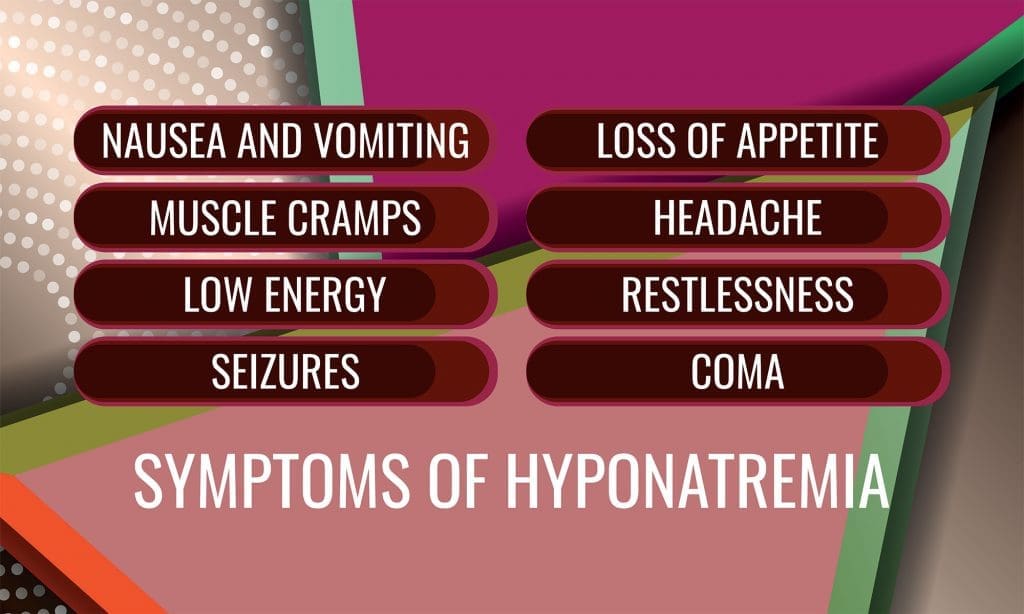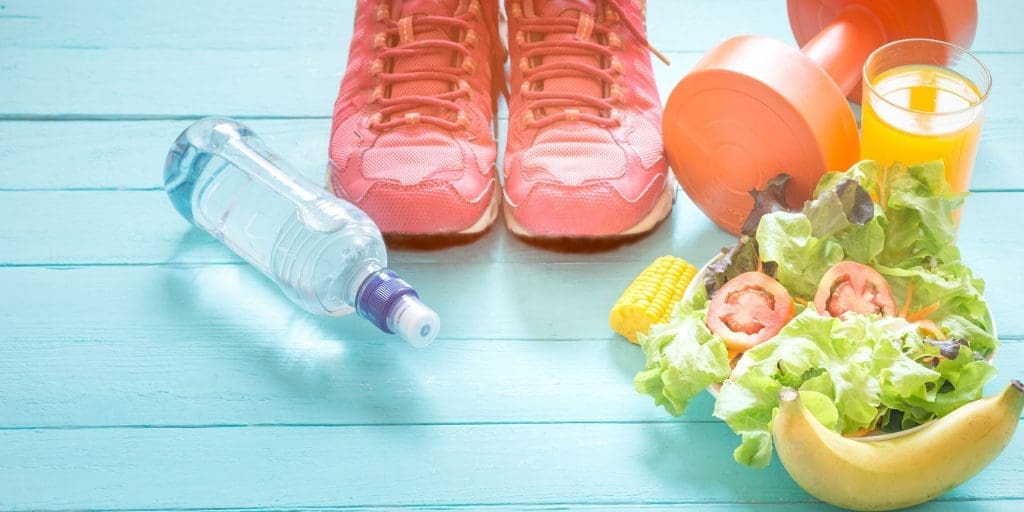Staying hydrated seems to be the cure for everything: headaches, muscle spasms, illnesses, and more. But is it true that you really can have too much of a good thing? Can you drink too much water? Below, we’ll take a look at the answer to this question as well as resources on what to do if you fall into this category of consuming too much water.
The Benefits of Drinking Water
It’s no secret that water is essential to many facets of one’s well being. Studies show that drinking enough water can help the body regulate temperature, lower anxiety levels, and maintain a healthy status quo for all of the body’s systems. The Centers for Disease Control and Prevention (CDC) reports that drinking enough water can even prevent serious health complications such as developing painful kidney stones. And, of course, there are countless other benefits to drinking enough water as well.
It’s important to consume even more water whenever you feel sick, in extremely hot weather, or putting more strain on your body than usual. This means that drinking a lot of water when you exercise or when you are recovering from a medical procedure can make a difference in how you feel in the following days after the activity.
You know that you’re drinking enough water if you have pale yellow urine. Other signs of being well hydrated involve passing regular bowel movements, having soft skin and lips, and feeling energized throughout the day.
The ideal amount of water intake you have each day depends on your personal situation and factors, including height, body weight, activity levels, occupation, etc. Not drinking enough water can lead to dehydration, which comes with many different symptoms, such as:
- Headaches
- Painful urination
- Brain fog
- Fatigue
- Dizziness
Dehydration can often happen by not drinking enough water but it can also be caused by fluid loss from vomiting or having persistent diarrhea. On average, experts recommend having at least eight glasses of water from an eight ounce container a day. However, this still doesn’t answer the question, “Can you drink too much water?” The truth is that not drinking enough water can be just as dangerous as consuming too much water.
What Happens When You Drink Too Much Water

There is a condition that occurs when you drink too much water. Overhydration, also called hyponatremia (in which the levels of sodium in the blood are too low) or water intoxication, causes concerning side effects throughout the body. While it is rare to go too far with water intake, it is possible that drinking over 3.7 liters of water in a short period of time would cause hyponatremia.
Other ways that this occurs would be when the body retains too much water. This can be caused by kidney disease and other underlying conditions. People who take certain medications for depression or kidney disease (such as diuretics) are also at an increased risk for developing water intoxication. Additionally, hyponatremia is sometimes a risk that comes with having a major surgery.
When overhydration happens, it can be life threatening. Essentially, too much water can dilute or reduce the amount of sodium in the blood. Sodium plays a very important role in regulating the blood’s electrolyte and hormone levels. It also helps with muscle and nerve functions. Too much or too little sodium in the body can cause detrimental health consequences, including hyponatremia.
So, when the body holds on to too much water, the levels of sodium are not in balance. As a result of this, the kidneys cannot function properly because there is simply too much water for them to filter out. This results in a variety of symptoms, including:
- Swelling
- Nausea
- Loss of appetite
- Confusion
- Seizures
- Coma
- And even death
Even though these symptoms can be severe, the good news is that, when caught in enough time, hyponatremia is treatable and manageable. There are also ways to prevent hyponatremia before it occurs.
Striking a Healthy Balance


One way to be proactive about preventing hyponatremia would be to replace the electrolytes in your body when you are having too much fluid loss from either being ill or sweating a lot. This is one of the reasons you might see athletes consuming energy drinks. Not only do they help with hydration but they sometimes contain sodium to keep the levels in the right balance.
Another way to protect yourself from hyponatremia is to monitor just how much water you’re actually drinking in a day. There are many different approaches to keeping track of your water intake—from apps to journaling, you can document each time you finish a glass of water. There are even bottles that come with water intake goals right on the container so that you can motivate yourself to keep drinking when you need to hydrate but also easily track how much water you’re actually consuming to know if it’s too much.
It’s also helpful to record any symptoms (good or bad) that you feel after drinking in a journal or app. If you start noticing that you’ve gone above and beyond the recommended amount of water intake for the day and you are also having symptoms such as swelling in your legs, stomach distress, or sluggishness, seek out medical attention right away.
It’s easy to think that drinking water can only bring health benefits. You might think that the answer to the question, “Can you drink too much water?” would be no. But, as you’ve read about today, it’s all about maintaining a healthy balance between too little, too much, and just right.
Have You Ever Been Too Hydrated?
Share your story in the comments below!
What Topics Would You Like to See Us Explore Next?
Email us at info@painresource.com with your ideas.
Are You on Facebook?




